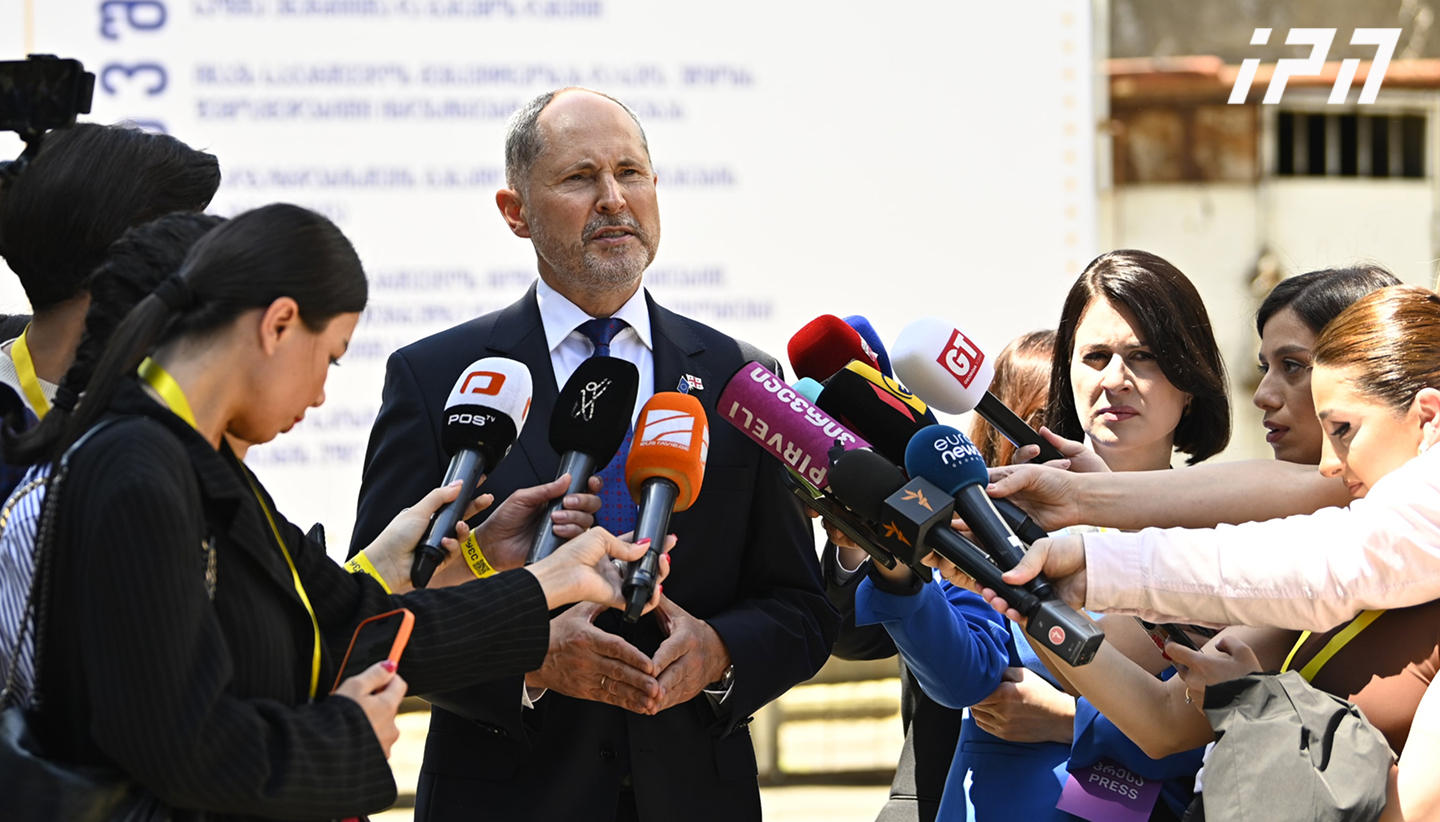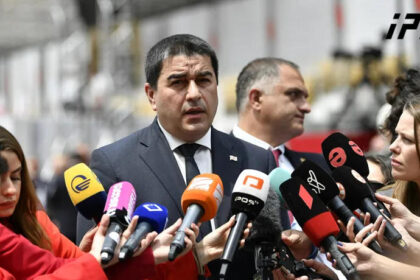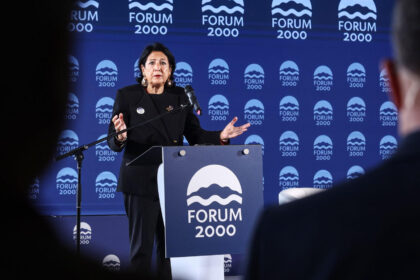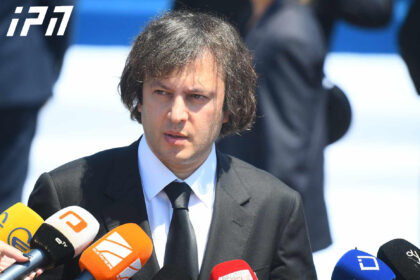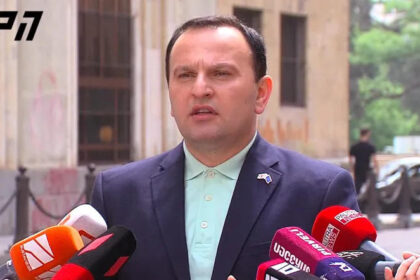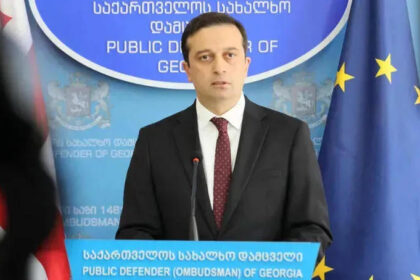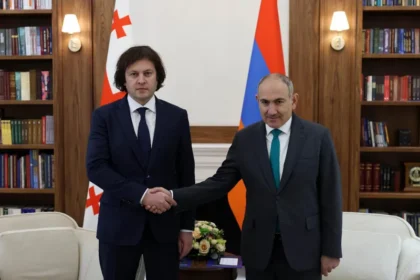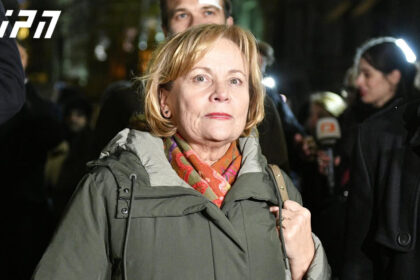**EU Ambassador Slams Georgian Authorities Over Exclusion from Key Meeting**
The European Union’s Ambassador to Georgia, Pawel Herczynski, has expressed deep disappointment and regret over the country’s exclusion from a key meeting of EU foreign ministers in Warsaw. According to Herczynski, this unfortunate development is a direct result of the actions taken by the Georgian authorities over the past year.
Speaking to journalists, Herczynski emphasized that it is indeed regrettable for Georgia not to be represented at such an important event. He noted that the informal meeting was attended by foreign ministers from countries seeking EU membership, including those in Georgia’s position. However, Georgia’s absence was a stark reminder of the country’s strained relations with Brussels.
The exclusion of Georgia from this high-level meeting sends a strong signal about the current state of EU-Georgia relations. Herczynski’s comments highlight the EU’s growing frustration with the Georgian government’s actions over the past year. It appears that the EU is no longer willing to turn a blind eye to what it sees as Georgia’s shortcomings in terms of democratic reforms and respect for human rights.
**What does this mean for Georgia’s EU aspirations?**
Herczynski’s statements suggest that Georgia’s EU integration process has stalled due to the country’s failure to meet key criteria. The exclusion from this meeting is a clear indication that the EU is losing patience with Georgia’s government. This development has significant implications for the country’s long-term prospects of joining the European Union.
In recent years, Georgia has made progress in strengthening its ties with the West, particularly through its association agreement with the EU. However, the current situation highlights the need for Tbilisi to reassess its priorities and take concrete steps towards meeting the EU’s expectations on democratic governance, human rights, and rule of law.
**A wake-up call for Georgia?**
The EU Ambassador’s comments should serve as a wake-up call for the Georgian government. It is essential for Tbilisi to acknowledge the gravity of the situation and take immediate action to address the concerns raised by Brussels. This might involve revisiting key legislative reforms, strengthening civil society institutions, and improving transparency in governance.
If Georgia fails to respond positively to these concerns, it risks further alienating itself from the EU and its member states. The current exclusion from the Warsaw meeting is a stark reminder of the consequences of inaction. It remains to be seen whether the Georgian government will heed this warning and embark on a path towards greater European integration.
Read More @ www.interpressnews.ge




